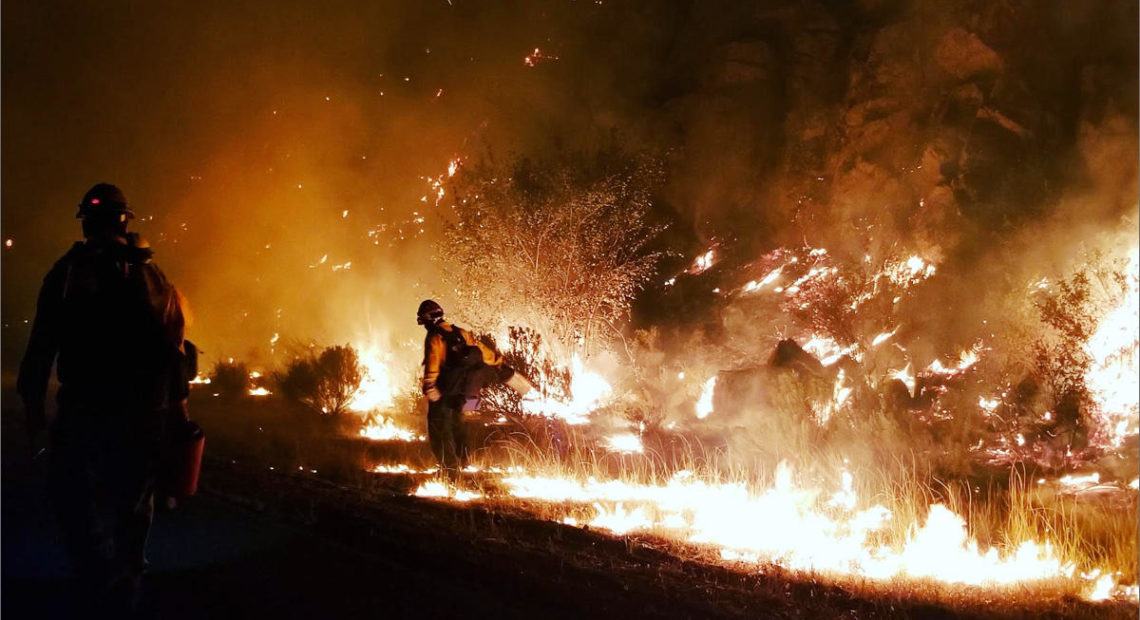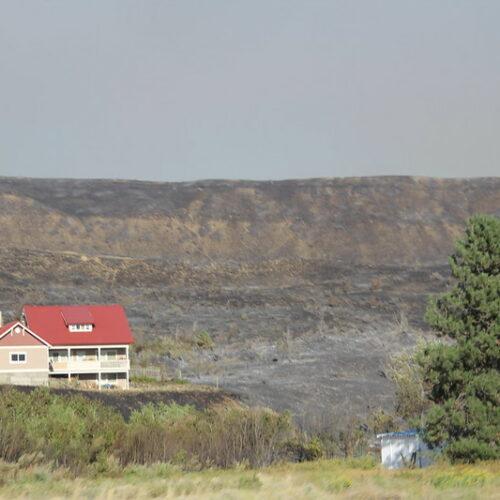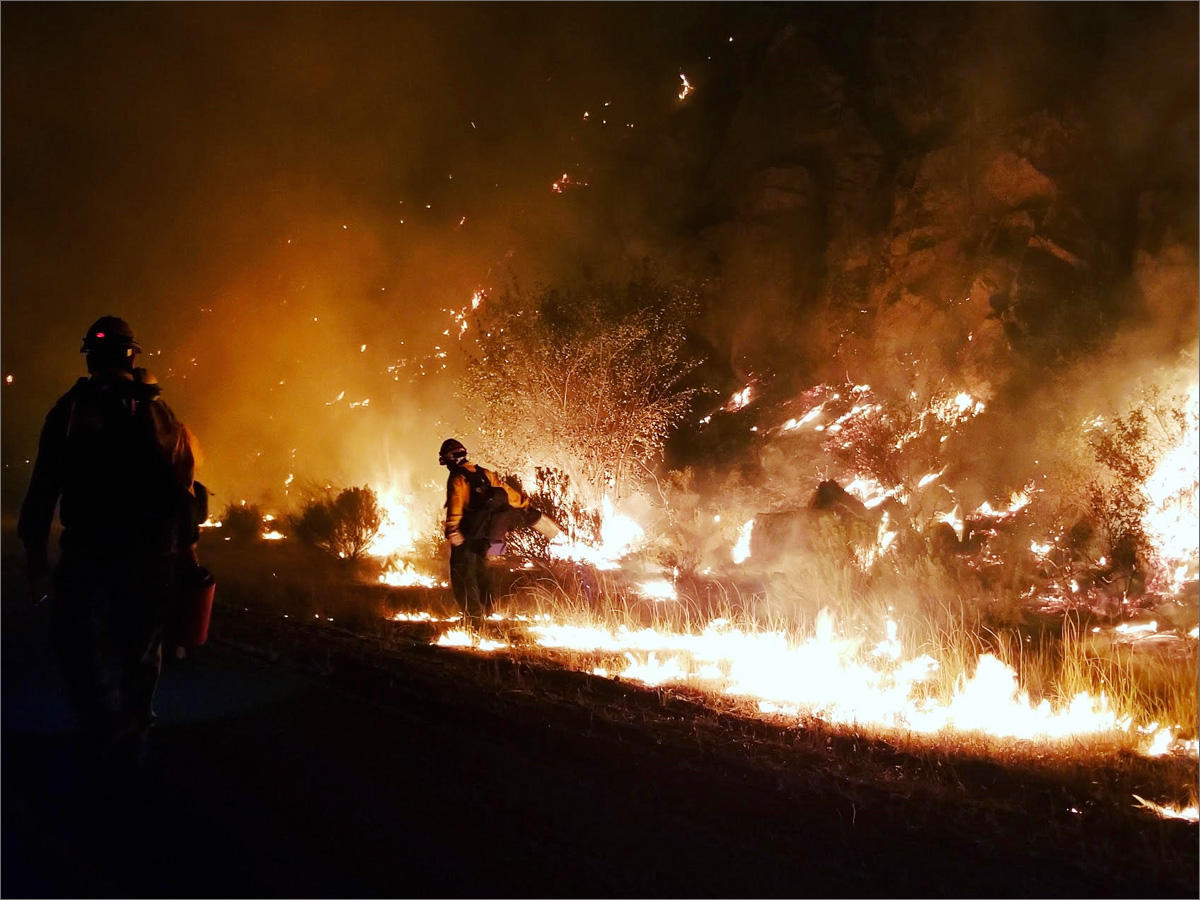
Farm Bill Contains Familiar Fight Over Wildfire Management
Read On
Congress passed a new Farm Bill on Wednesday that also contains several provisions aimed at reducing the severity of Western wildfires. And that left the Oregon delegation divided along familiar battle lines.
Rep. Greg Walden, a Republican who represents fire-prone eastern Oregon, criticized Democrats in the Senate for blocking provisions that would have eased environmental rules on logging.
“[W]hen we’re losing towns and people and firefighters, and our communities are choked with smoke, we can do better,” Walden said on the House floor. He wound up voting for what he said was overall a “pretty good bill” that authorizes a wide range of agricultural programs.
Sen. Jeff Merkley, D-Oregon, said he successfully pushed to increase the amount of money for forest thinning projects overseen by collaborative groups from $40 million to $80 million.
“The process involves bringing together all kinds of different stakeholders to work out a plan” for thinning and brush removal projects, Merkley said in an interview. “And that keeps it out of the courts.”
He argued that the Republican proposals would have taken logging on federal lands “back to authorizing clear-cuts on a massive scale with basically no environmental review.” He argued this would worsen the problem by allowing the removal of larger more fire-resistant trees, opening the way for denser forests that burn hotter.

The Eagle Creek Fire as seen from the Bonneville Fish Hatchery, Sunday, Sept. 3, 2017. CREDIT: BRADLEY W. PARKS/OPB
Sen. Ron Wyden, D-Oregon, said in a statement that the Farm Bill contains “proven wildfire approaches.” And he said the “provisions Congressman Walden is complaining about failing to get in the most recent Farm Bill were simply masking a Republican Christmas wish list for further environmental degradation.”
The House version of the Farm Bill would have doubled — to 6,000 acres — the size of logging projects exempted from environmental review. And it also included provisions to allow additional salvage logging in burned areas.
Interior Secretary Ryan Zinke and other Trump administration officials also argued for loosened logging rules in the wake of the deadly wildfires that hit California in the last several months.
“For too long, our forest management efforts have been thwarted by lawsuits from misguided, extreme environmentalists,” Zinke said in a Sept. 2 op-ed in The Sacramento Bee following the massive Carr Fire in northern California. “The time has come to act without flinching in the face of threatened litigation.”
But Senate Democrats — along with some Republican colleagues — pushed back against the changes, which were also fiercely opposed by environmental groups.
In addition to adding money for collaborative forestry work, the legislation gives local and state government more funding and authority to work on projects aimed at reducing fuel loads on forests and rangelands.
Copyright 2018 Oregon Public Broadcasting
Related Stories:

What to do if your insurance company says your home has too much wildfire risk
A home and outbuildings didn’t burn during a fast-moving fire. Some people are worrying more about homeowners policy cancellations in Washington state, as wildfire risk grows. (Credit: Bryan Flint /

Sixth crew arrives to fight WA’s Pioneer Fire, tiny town still threatened
Crew members unload equipment off of Lady Liberty in Stehekin (Credit: Reneé Dìaz / NWPB) Watch Listen (Runtime 1:07) Read The small, remote town of Stehekin is hard to get

Conservation icon Smokey Bear celebrates his 80th birthday
Smokey Bear visits the press briefing room of the White House. He is accompanied by Darci Drinkwater, of the U.S. Forest Service, on Tuesday in Washington, D.C. (Credit: Manuel Balce
















